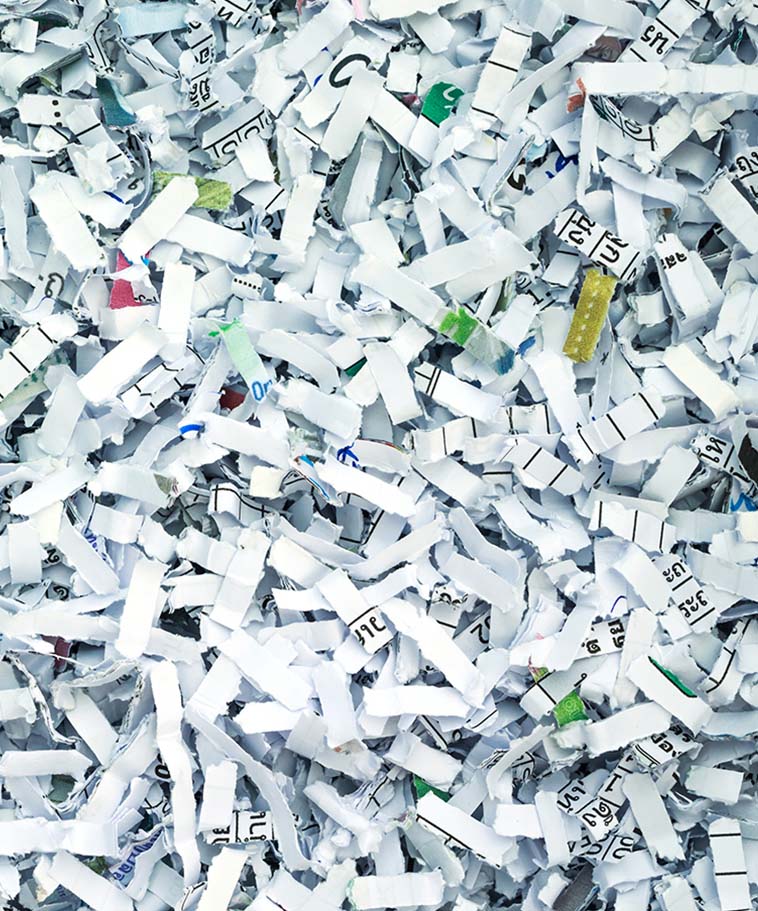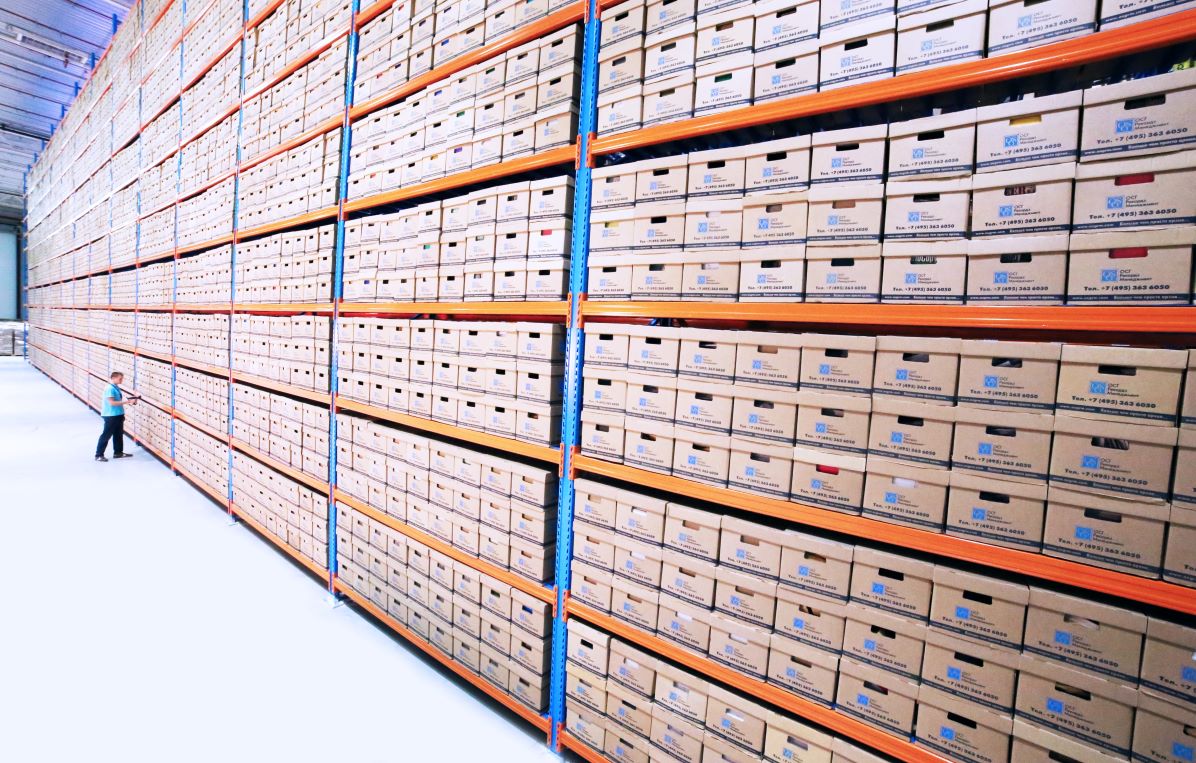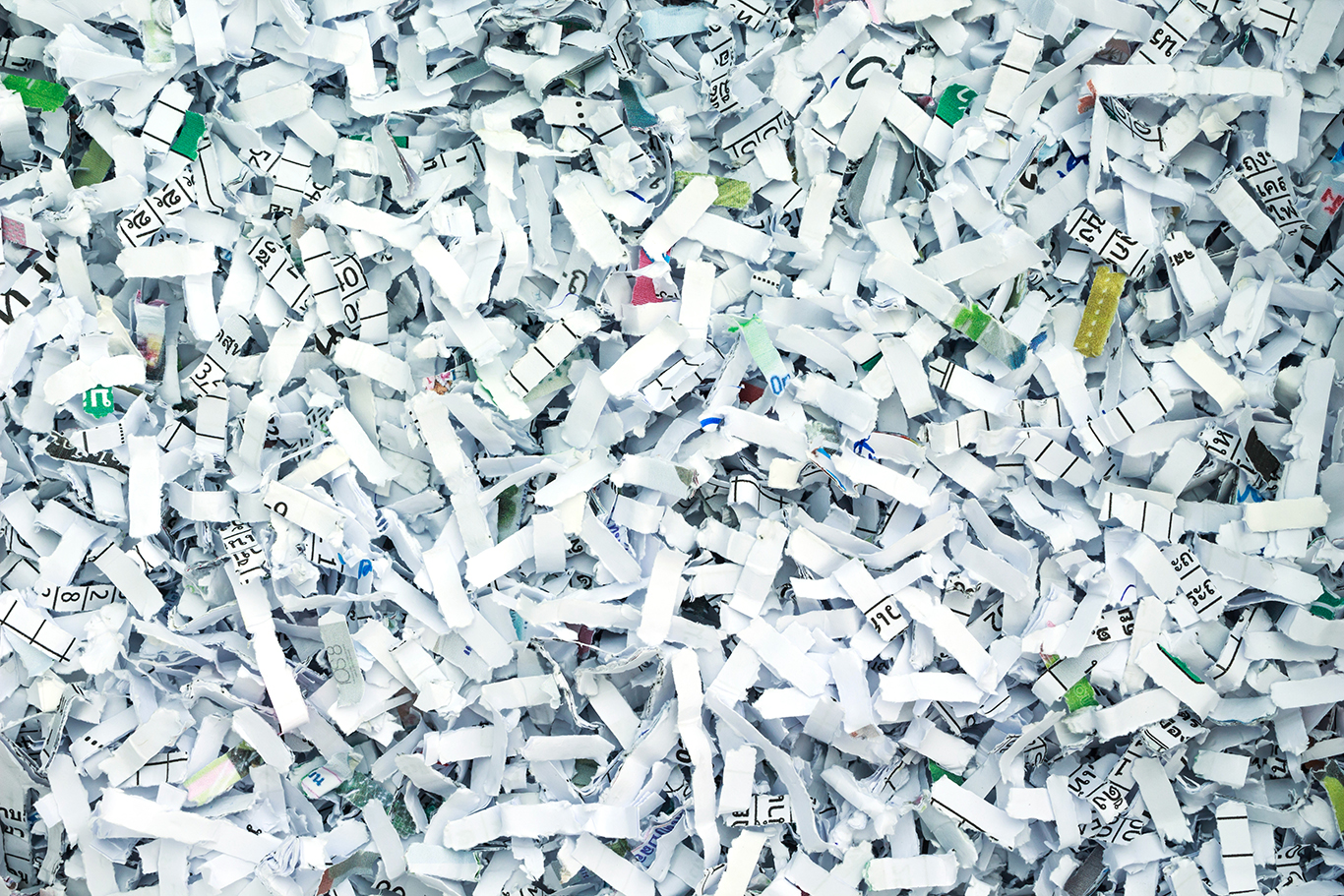In the era of digital transformation, the legal industry is evolving rapidly. Law firms are seeking innovative solutions to enhance efficiency, improve client service, and stay competitive. Abraxas Worldwide is at the forefront of this digital revolution, offering a range of cutting-edge services designed to meet the unique needs of legal professionals. Discover how our digital and web-based solutions can take your legal practice to the next level.
Embrace the Future With Digital Document Management
The shift from paper-based to digital document management is no longer a choice but a necessity. Abraxas Worldwide provides state-of-the-art digital document management systems that streamline your workflow and ensure seamless access to vital information. Our services include:
- Digitization of Physical Records: Convert your paper documents into digital formats, making them easier to store, retrieve, and share.
- Cloud-Based Storage: Securely store your digital documents in the cloud, making them accessible anytime, anywhere.
- Advanced Search Capabilities: Utilize powerful search tools to locate specific documents or data within your digital repository quickly.
Enhance Efficiency With E-Discovery Solutions
E-discovery is a critical component of modern legal practice, often involving reviewing vast amounts of electronic data. Abraxas Worldwide offers comprehensive e-discovery solutions that harness the power of technology to simplify and expedite this process. Our services include:
- Automated Data Collection: Efficiently gather electronically stored information (ESI) from various sources, including emails, databases, and cloud services.
- Advanced Data Analytics: Use machine learning and AI to analyze large datasets, identify relevant information, and detect patterns or anomalies.
- Secure Data Hosting: Store your e-discovery data in secure, compliant environments, ensuring data integrity and confidentiality.
Boost Collaboration With Web-Based Platforms
Effective collaboration is essential for legal success. Abraxas Worldwide provides web-based platforms that facilitate seamless communication and cooperation between legal teams. Our solutions include:
- Virtual Workspaces: Create secure, collaborative online workspaces where team members can share documents, communicate in real time, and manage projects.
- Case Management Systems: Utilize integrated case management systems to track case progress, manage deadlines, and organize client information.
- Client Portals: Enhance client engagement by offering secure online portals where clients can access their case information, upload documents, and communicate with their legal team.
Protect Sensitive Information with Robust Cybersecurity
In an increasingly digital world, protecting sensitive client information is paramount. Abraxas Worldwide prioritizes cybersecurity, offering robust measures to safeguard your data. Our cybersecurity solutions include:
- Data Encryption: Protect your data with advanced encryption techniques in transit and at rest.
- Access Controls: Implement strict access controls to ensure only authorized personnel can access sensitive information.
- Cybersecurity Audits: Regularly audit your systems to identify vulnerabilities and implement necessary security enhancements.
Digital transformation is reshaping the legal industry, and Abraxas Worldwide is here to help you navigate this change. Our comprehensive digital record management solutions are designed to enhance your efficiency, protect your data, and grow your practice – partner with us to embrace the future of legal practice and achieve greater success. Contact Abraxas Worldwide today to learn more about how our innovative solutions can benefit your firm.










